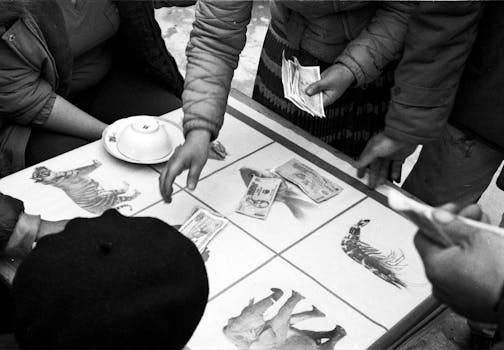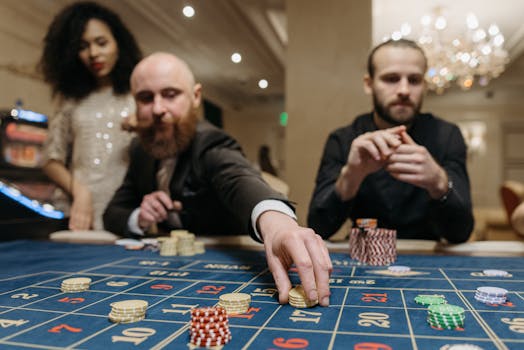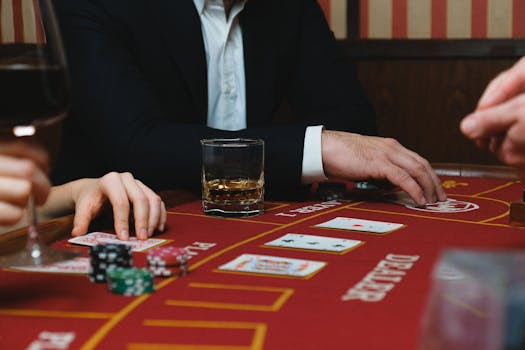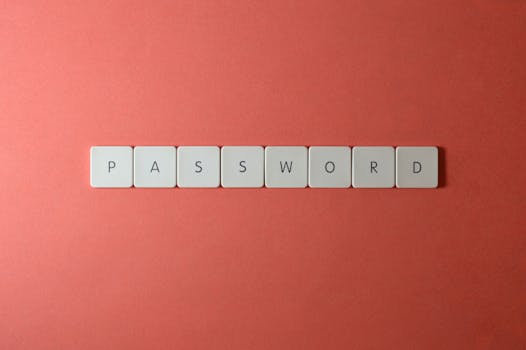Understanding the Illusion of Control in Gambling: Why It Happens and How to Manage It
Gambling is an activity that combines risk, excitement, and the chance to win big. However, it also often involves a psychological phenomenon known as the "illusion of control." This term refers to a person's mistaken belief that they can influence the outcome of purely chance-dependent events, such as rolling dice or spinning a roulette wheel. Understanding this can be crucial in addressing gambling addiction and promoting healthier gambling habits.
The Basis of Illusion of Control in Gambling
The illusion of control can lead gamblers to overestimate their abilities to predict or influence outcomes, encouraging more frequent and riskier bets. This cognitive bias is especially potent in gambling due to several elements prevalent in gaming environments:
- Personal Choice: Choosing lottery numbers or a particular slot machine can give a false impression of control.
- Near Misses: Losing a game by a narrow margin can mistakenly encourage players, making them think they are getting 'closer' to a win.
- Gambler’s Fallacy: The belief that past events affect future outcomes in independent events, like thinking a coin is 'due' to land on heads after several tails.
- Cognitive Behavioral Therapy (CBT)
- Benefits: Helps individuals recognize irrational thoughts and behaviors linked to gambling.
- Challenges: It requires ongoing commitment and access to professional therapists, which might not be available or affordable for everyone.
- Educational Programs
- Benefits: These programs can demystify gambling odds and the randomness of games, providing factual insights that can challenge erroneous beliefs.
- Challenges: Their success heavily depends on the individual’s openness to changing their perceptions and behaviors.
- Regulatory Measures
- Benefits: Implementing policies that require clear display of odds and limit misleading marketing can protect consumers.
- Challenges: These measures can be seen as limiting personal freedoms or overly paternalistic, potentially leading to resistance from gambling communities.
Strategies to Mitigate the Illusion of Control
Real-world Implications
Consider a player at a blackjack table who believes that their unique strategy or a lucky charm influences the dealt cards. Despite their conviction, the card outcomes are the result of chance combined with standard game rules. This belief in control can lead to persistent gambling despite recurrent losses.
Conclusion: Recognizing and Addressing Illusion of Control
Recognizing the illusion of control is a vital step for anyone engaged in gambling. It's important for gamblers to critically assess their beliefs and strategies while gambling and to be aware of how cognitive biases may be influencing their behavior.
For those who find it challenging to manage their gambling habits, it’s advisable to seek support through therapy, counseling, or joining support groups like Gamblers Anonymous. These resources can provide essential help in breaking the cycle of addiction.
In summary, while gambling can be a fun and social activity, it is crucial to approach it with a clear understanding of the odds and an awareness of the psychological traps such as the illusion of control. By educating oneself and utilizing available resources, it is possible to enjoy gambling in a responsible and safe manner.
Call to Action: If you or someone you know is struggling with gambling, consider reaching out to professional services or support groups for help. Educating oneself about the nature of gambling and its risks is also a proactive step towards healthier gambling habits.
Stay informed, stay safe, and remember, responsible gambling is the best way forward.

.png)





